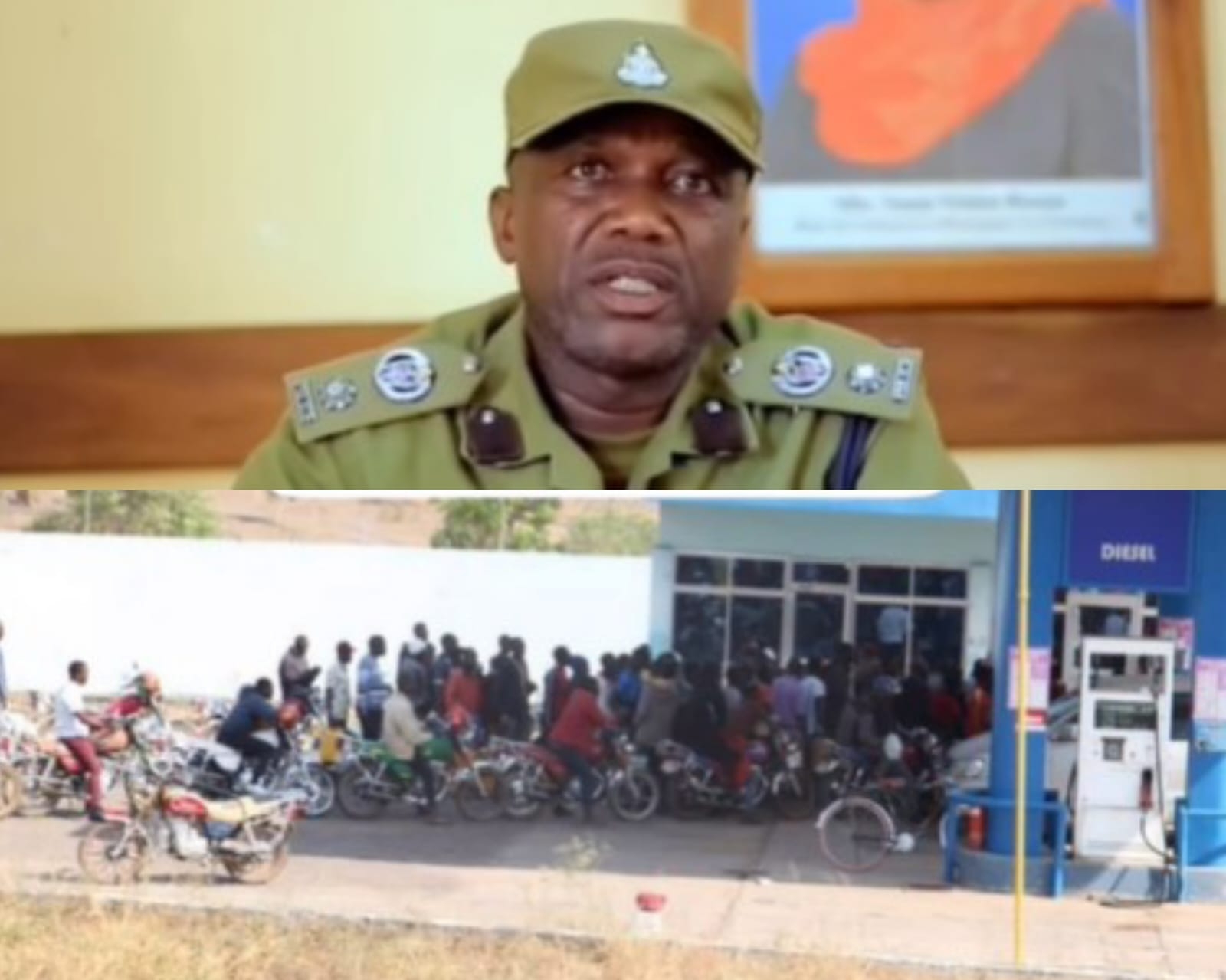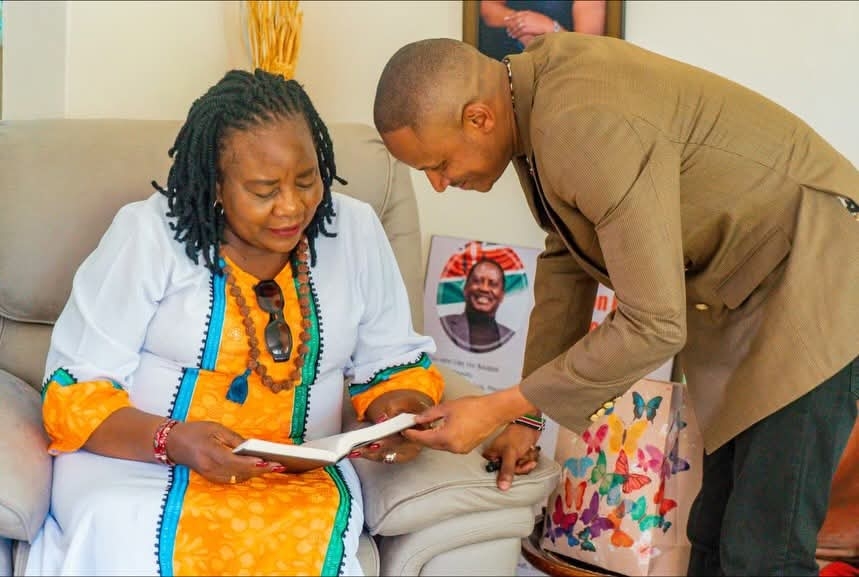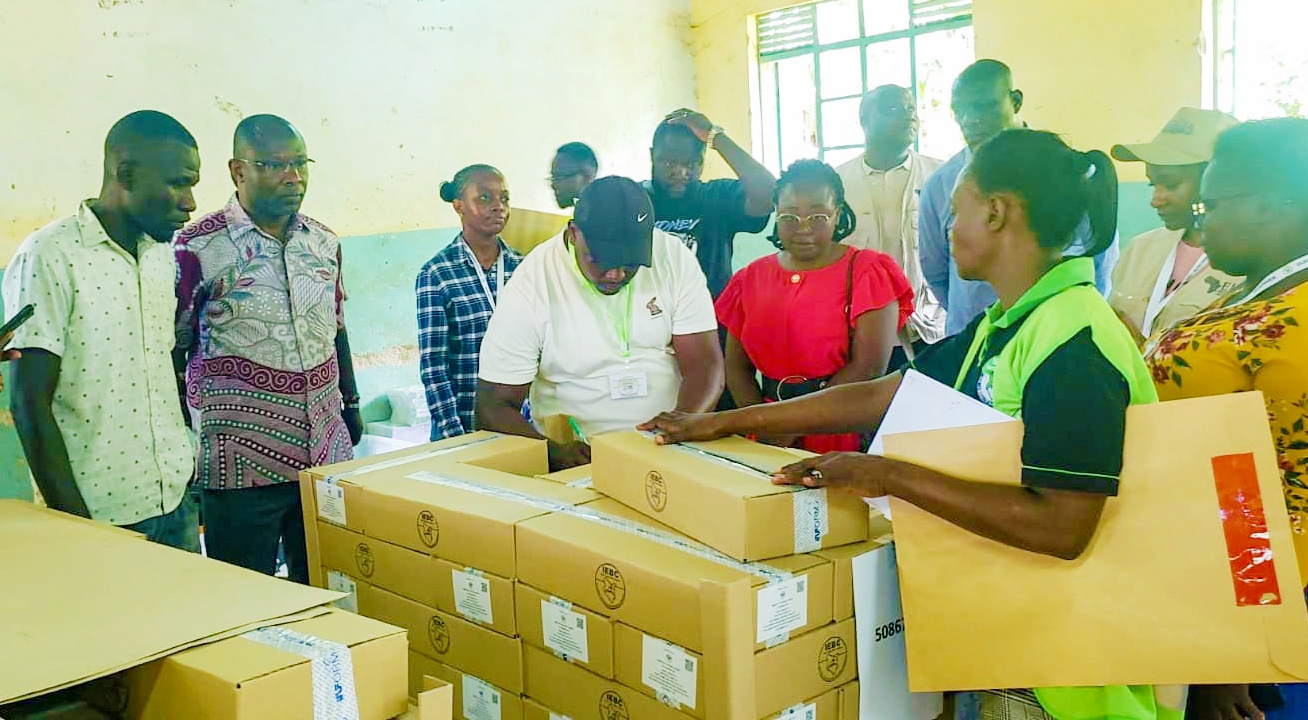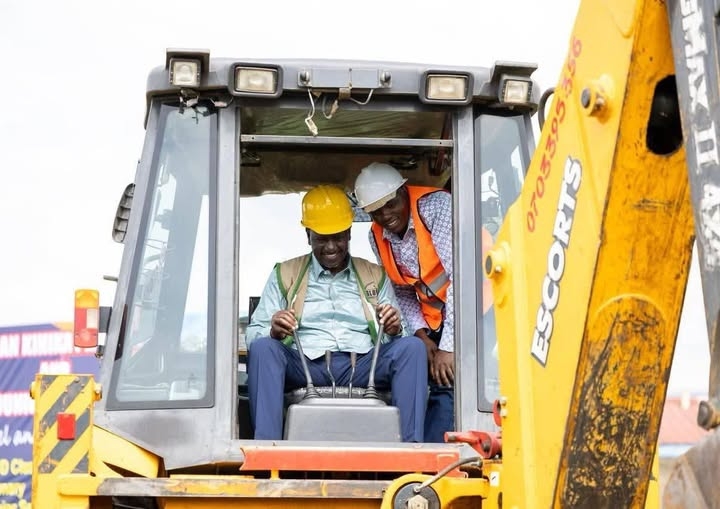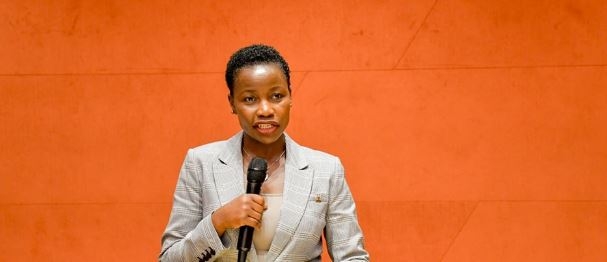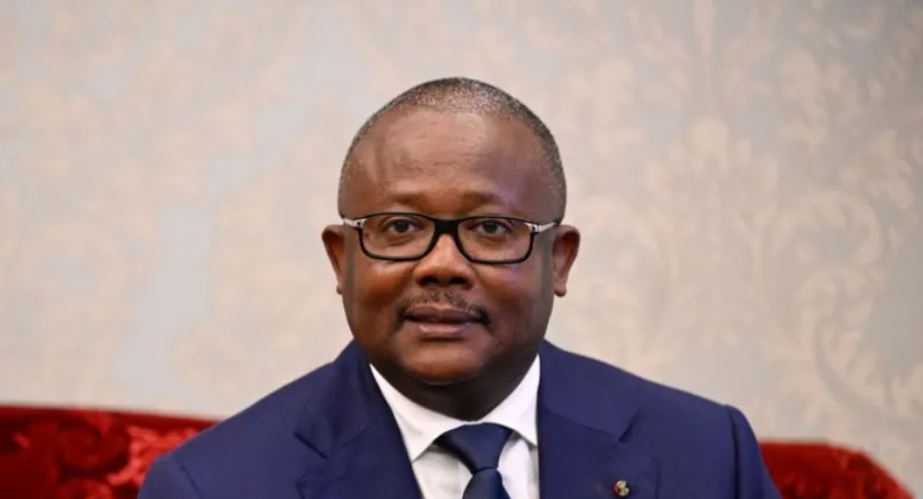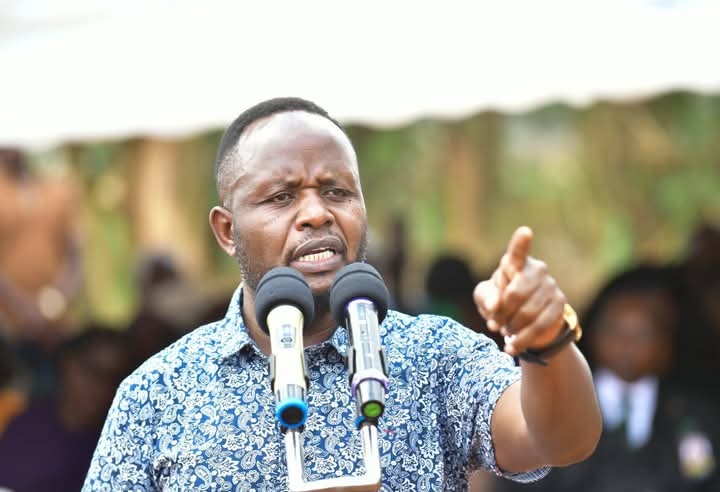
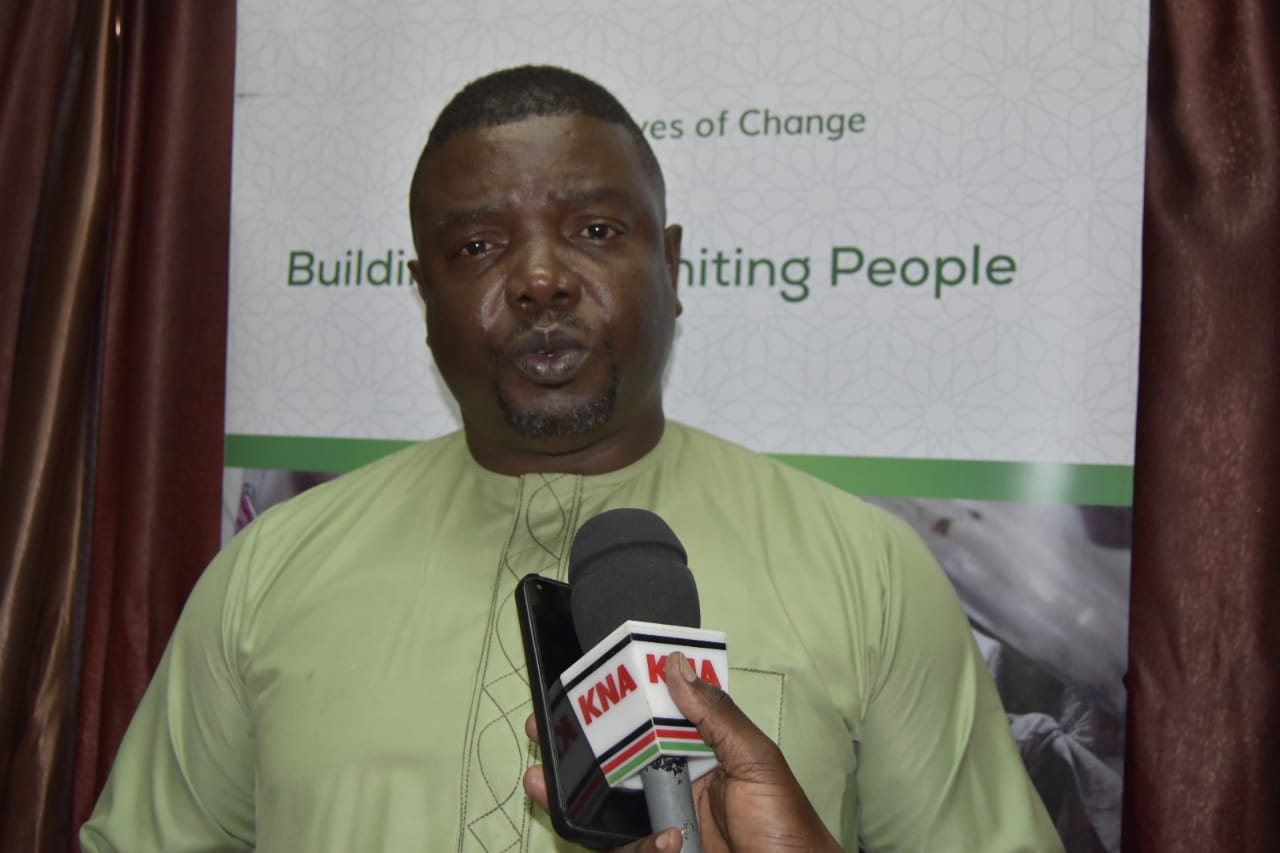
Economic, social and cultural issues have been cited as the main reasons that contribute to mistrust and division amongst communities in the country.
Dan Mugera, Programme Manager of the Trust Building noted that beyond faith, what divides people is economic, social and cultural issues.
Mugera said that there have been instances where some cultural Somali issues have looked like they are Islamic issues when in the real sense they are not.
He spoke on the sidelines of an engagement forum in Garissa that was organised by Initiatives Of Change Kenya [IOC] to address the issue of trust amongst communities, people of different faiths and ethnicities.
In attendance were religious leaders, members of civil society, the youth, PWDs, and women.
IOC is a global movement of people working together to build trust and unite people across the world's divides.
Mugera said that over the years they have been able to train and also hold dialogues and outreaches to Garissa stakeholders, among them student leaders, civil society, politicians, religious leaders, as well as members of the community who are in diverse professions bringing them together to dialogue on interfaith and inter-ethnic issues for peaceful co-existence.
He disclosed that the programme was started in 2015 after the Garissa University attack where 148 people were killed, most of them students.
The incident led to a lot of tension between Muslims and Christians who reside in the area. This resulted in several meetings that were organised by religious leaders from both faiths so as to defuse the growing tension.
“We thought that there was a need for Christians and Muslims to come together to break the cold war that seemed to be arising during that particular time,” he said.
He added: “Since we started this programme, we have had to put these issues on the table and talk about them openly because they are the same issues that then led to mistrust amongst communities, people of different faiths and ethnicities."
Abdirahman Shakur Kassim, a religious leader lauded the organisers saying that the programme has created the necessary awareness among communities in the country.
“This programme has created the necessary awareness in this county and other counties in Kenya. Through it Kenyans from different ethnic and cultural backgrounds have been able to dialogue and embrace, and most importantly, build trust and peaceful co-existence amongst each other,” he said.
He added, “As Kenyans, we are from diverse cultures and backgrounds, and this can in some instances lead to trust deficits amongst us. So such a programme that seek to bring Kenyans together with the sole purpose of building cohesions and trust are very much welcomed."
He said that there was a need for Kenyans to coexist and live together, saying that there is a lot that unites us as Kenyans than that which divides us.
Doris Wangeshi, a Garissa resident, said that cultural and religious beliefs remain the biggest contributors to mistrust both between individuals and communities. She said that one way of promoting trust and bringing about the much-needed change was by organizing cultural events between communities where they will each have the opportunity to showcase their cultures which she said will further promote integration.
She challenged Kenyans to rise above tribal politics saying that this has contributed to the mistrust that exists.
“We need to rise above tribal politics where before we elect a person, we question which tribe or clan he or she comes from because these are some of the issues that have for decades dragged us behind and led to mistrust among communities."
She added, “We should see each as Kenyans who belong to one country and let one be elected based on his or her manifesto and what they promise to deliver. The issue of elders sitting down and making decisions on their own is what we are refusing because it has also contributed to mistrust."
Asiya Athman, the vice president of Garissa University students' body, said that among the things that lead to mistrust were cultural differences among the students and past experiences, saying that every individual has a role to play in building trust, saying it should start at the household level.




